How Stress Affects Your Body
Stress can cause adverse effects on your body that may not be easy to recognize. That is because stress can be the cause of many things we deal with on a frequent basis, such as headaches, a lack of sleep or even decreased productivity. Being able to recognize the symptoms typically caused by stress can help you manage them more effectively. When stress is left unchecked for an extended period of time, it may cause serious health issues such as high blood pressure, heart disease, obesity or diabetes. Let’s discuss how stress can affect some of the major systems in our bodies.
Effect of Stress on our Muscles
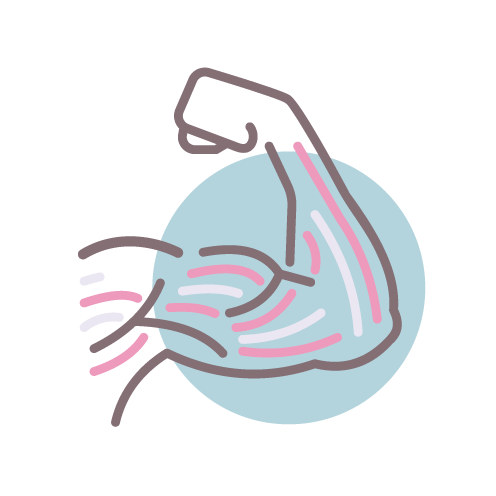
When you are going through a stressful situation your muscles tend to tense up. When this occurs for an extended period of time, such as in times of chronic stress, the tense muscles may cause other reactions to occur in the body and may even contribute to stress-related disorders. Some examples of this include tension headaches and migraines. These symptoms are usually associated with chronic tension in the neck, shoulders and head. To help alleviate some of this tension and decrease the frequency of stress-related disorders, relaxation techniques and therapies have been shown to be effective tools.
Effect of Stress on our Respiratory System
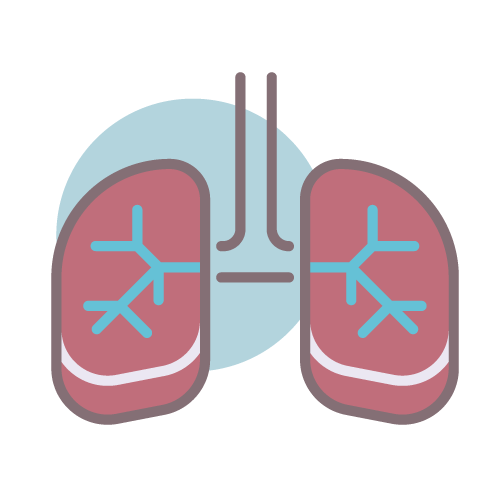
Sometimes stress can present itself through respiratory symptoms such as shortness of breath or rapid breathing. This poses a bigger problem for those with pre-existing respiratory conditions such as asthma or chronic obstructive pulmonary disorder (COPD) as stress can cause these conditions to worsen. For people who deal with these issues frequently, it may be useful to work with a psychologist to develop different breathing and relaxation techniques to help manage these symptoms.
Effect of Stress on our Cardiovascular System
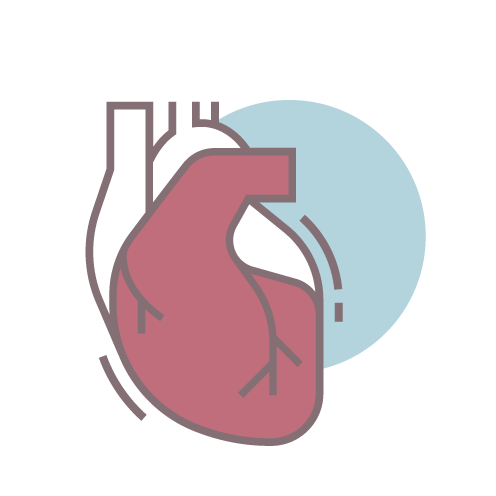
The cardiovascular system (which includes both your heart and blood vessels) is an integral part of the stress response; in moments of short-term stress, called acute stress, your heart rate increases and your heart muscles produce stronger contractions which eventually slow back down to normal when the stressful event passes. An example of an acute stress event might be hitting your brakes to avoid a car accident. When dealing with chronic stress, which is stress that is experienced over a long period of time, such as dealing with a death, this can cause long-term issues for the heart and blood vessels. Due to the prolonged increase in heart rate and blood pressure, this can result in heart attacks or strokes.
Effect of Stress on our Nervous System
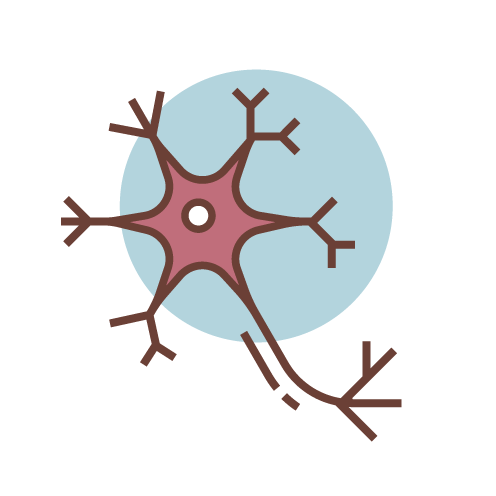
A branch of the nervous system called the autonomic nervous system is responsible for what is known as the “fight or flight” response. This is when the body either shifts its energy and resources towards fighting off a threat or fleeing from a threat. Stress that is experienced over a prolonged period of time can cause a long-term strain on the body due to the continuous activation of the nervous system. Therefore, with this system, it is not so much about how stress affects the nervous system but more so how that constant activation of the nervous system affects our other body systems.
Effect of Stress on our Reproductive System
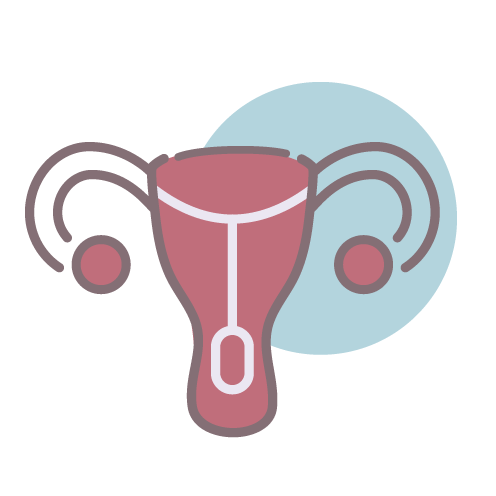
For men, prolonged periods of stress can affect testosterone production, which in turn can result in erectile dysfunction and a decreased sex drive. Stress can also poorly impact sperm production and maturation which makes it difficult to conceive. For women, stress can negatively affect them in many ways. High levels of stress can cause an irregular menstrual cycle with painful cramping, it may also cause a decreased sex drive, impact a women’s ability to conceive, affect the health of her pregnancy and increase her risk of postpartum depression.
Managing Stress
Stress is very common and affects everyone differently – the important thing is that stress is managed effectively. We now understand a lot more about how stress affects our bodies which has allowed us to create effective strategies to help reduce the stress response. Some of these strategies include:
- Regular physical activity
- Having a healthy support network of friends and family
- Getting the proper amount of sleep
- Practicing relaxation techniques, such as yoga, meditation and breathing exercises
These strategies can provide important benefits for your physical and mental health and can help you find active ways to manage your stress which in turn helps create the foundation for a healthy lifestyle.
If you want additional support or if you are experiencing chronic stress, a licensed psychologist can help you identify the root of your stress and give you helpful techniques to implement in your daily life which can help improve your overall mental and physical health.
Content was informed by:
(1) American Psychological Association (2) Mayo Clinic
